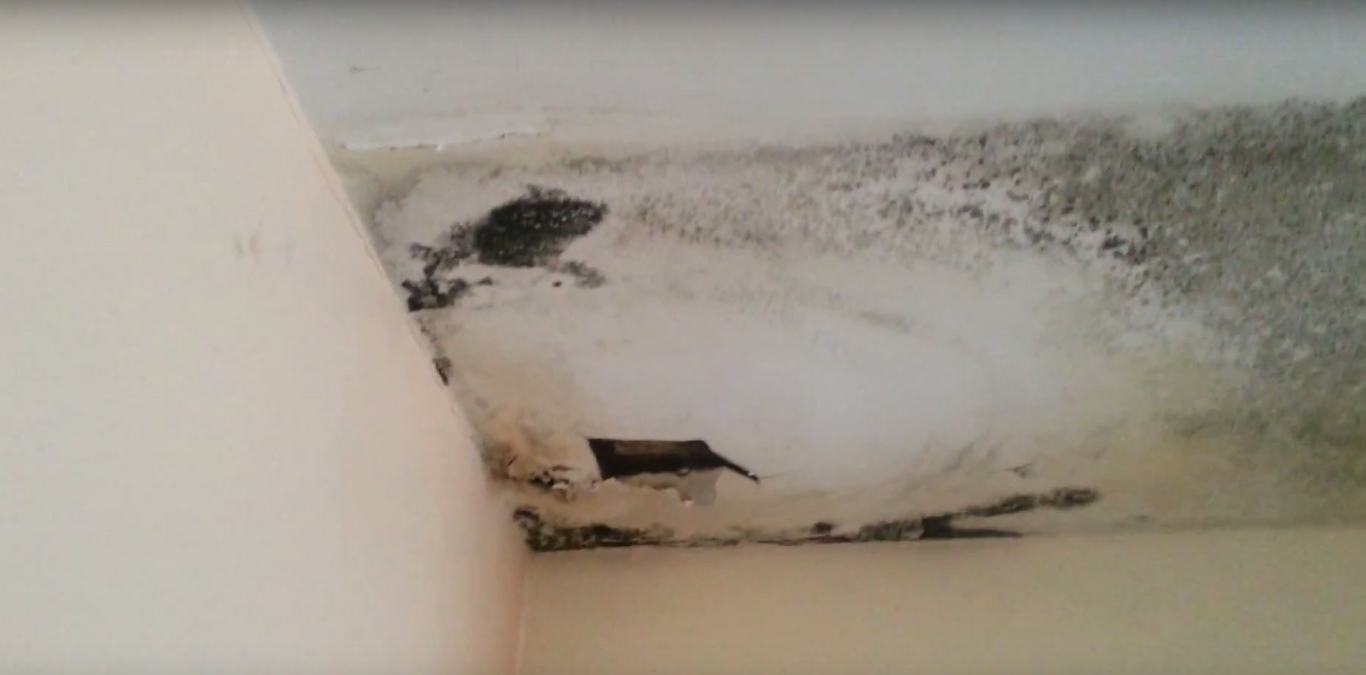How homeowners could be saved from a repeat of Ireland's pyrite disaster
Latent defects insurance could help those who find problems with their homes years after building.
HOMEOWNERS COULD BE protected from defects that come to light long after they buy a house, such as pyrite issues, under proposed changes to a new bill.
The Royal Institute of the Architects of Ireland (RIAI) is pushing for latent defects insurance to be included as part of the new Building Control Bill 2017.
The bill is one that aims to improve standards in the construction industry. The key thrust of the plan is that it would make it mandatory for building industry operators to sign up to a register that would prove their competence.
The government has already approved the drafting and publication of the bill. This morning an Oireachtas housing committee met with several industry representatives to discuss ways that the plan could be improved.
Katheryn Meghan, the CEO of the RIAI, told the committee that a measure to make latent defects insurance (LDI) mandatory should be included.
“LDI is the solution to issues like pyrite. I believe that there is a very strong argument for its inclusion in the bill,” she said.
“There may be concerns about the cost, but in the long run it is the best option for the consumer and will save on legal bills.”
The insurance provides cover when there is a problem with a newly built house that may not be apparent when it is completed.
It is envisaged that the cover would last for between 10 and 12 years once a building is complete, and that it would at least partially cover the cost of repairing any damage.
The insured party can be either the property owner or the developer. A spokeswoman for the RIAI told Fora that latent defects insurance “is usually taken out by the developer as it’s attached to the building, rather than a builder or professional”.
Pyrite protection
Such a measure could prove crucial in protecting homeowners who could be faced with massive bills if a problem with a property comes to light years after it is sold.
It would likely be of use to homeowners who suffered issues with pyrite, which caused huge cracks in many houses.
Many homeowners had to fight long legal battles in an effort to get someone to cover the cost of repairing the property, and it was often difficult to clarify who was at fault.
Speaking at the housing committee, Meghan said: “LDI is the absolute bottom line. The average homeowner shouldn’t have to decide whether they want to take a case against a builder, an engineer, an architect, etc.
“They should have an insurance product that allows them to get back in their house quickly, and then the insurance provider ca take action against whoever they wish.”






